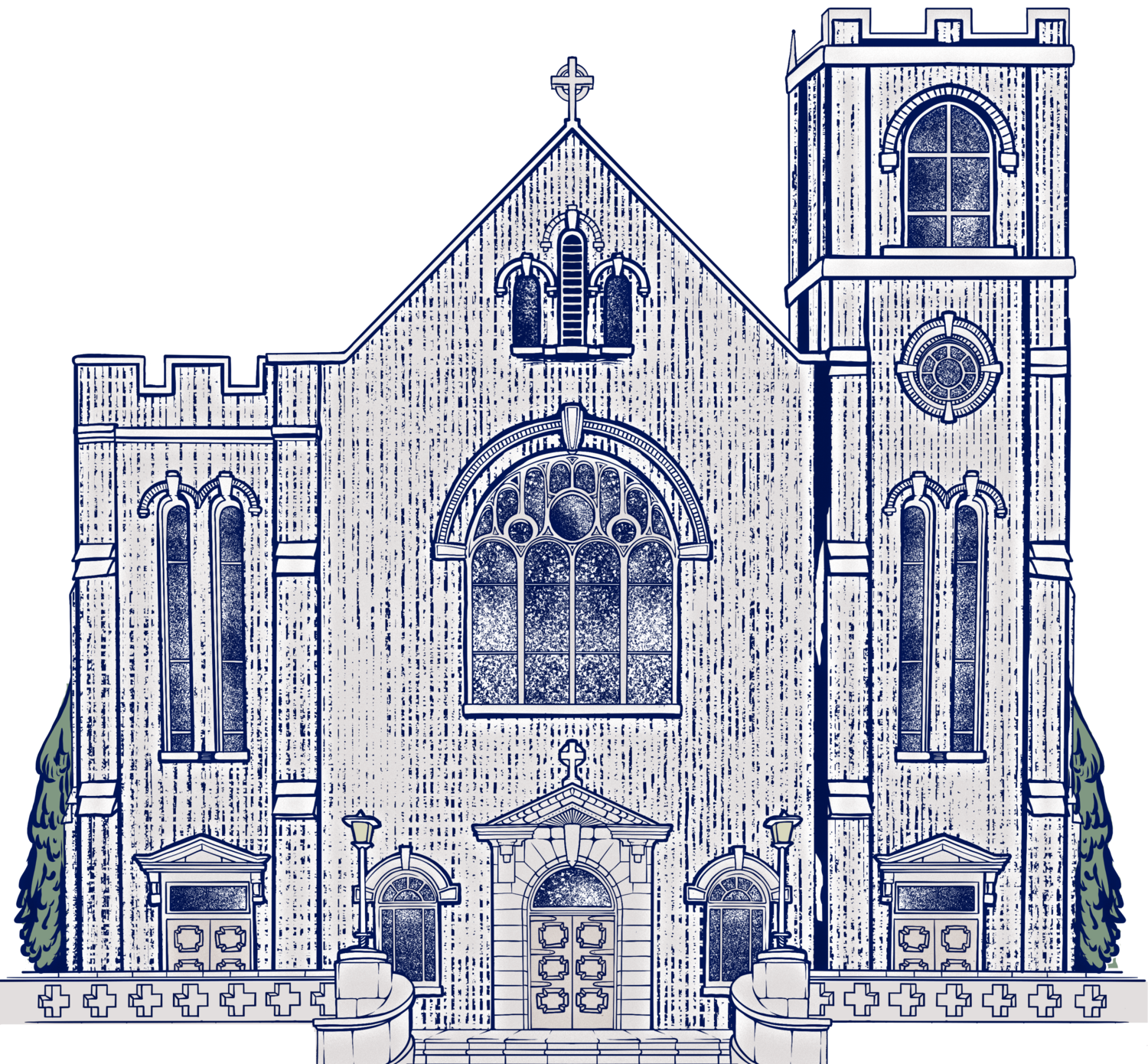Liturgy of the Word: The Words We Speak Are Not Our Own
The first time we sit down during Mass begins the Liturgy of the Word. Sometimes this creates the perfect opportunity to tune out: we finally get to sit down and someone else is going to read Scripture passages that we’ve heard before. But we call this part the Liturgy of the Word; we’re missing the point if we think we’re supposed to kick back and zone out! “Liturgy” means “the work of the people” – it’s our active participation in God’s work of salvation. Last week, we explored God’s action and our action during the Introductory Rites: God invites, we gather. So what happens in the Liturgy of the Word?
When the lector says, “The Word of the Lord,” it can feel like a meaningless formality. We can even forget this happens because we’re so used to it. These seemingly insignificant words actually have profound meaning. We’re claiming: “These are not our words, but God’s words.” In school, we are taught to answer “in our own words.” Artists, musicians, and filmmakers are at their best when they express their ideas “in their own words.” But in the Liturgy of the Word, we’re not speaking our own words, we’re not creating something, we’re not repeating ideas that the church invented… No, Someone is speaking whose words are greater than ours. In the Liturgy of the Word, God speaks to us.
In the Gospel for this Fifth Sunday of Easter, Jesus says: “The words that I speak to you I do not speak on my own. The Father who dwells in me is doing his works.” Jesus does not speak in finite, human words. Jesus is the Word of God. His words have the power to transform and save! And what is our response? We don’t just hear; we listen. Anyone who is a parent or teacher or spouse of a Bears fan on a Sunday afternoon can tell you that hearing and listening are two different things! We can hear words physiologically and still not be listening.
Listening involves relationship. At Mass, we’re not just hearing lifeless words of someone from the past. It would be a different thing for us to read the Gettysburg Address during the Liturgy of the Word. In that case, Abraham Lincoln would be “speaking” to us, but he wouldn’t actually be present with us. In the Liturgy of the Word, God is speaking to us – not just in the words of ancient scrolls – but through Jesus, who is the Word of God, living and present in our midst. We are able to listen to God’s Word (written in the Scriptures, embodied in Jesus Christ) because God desires to be in relationship with us.
Listening also spurs us to action. We actively respond to each reading: “Thanks be to God!” or “Praise to You, Lord Jesus Christ!” Too often we say these words like we’re sleeptalking or like we’re responding to someone who’s talking to us during a Bears game. But think about what’s happening: God is speaking to us in the present moment. Christ is present with us in the proclamation of the Word. That’s a big deal! That calls us to respond with gratitude (“Thanks be to God”) and praise (“Praise to You, Lord Jesus Christ”).
Shifting from a passive to an active posture – from hearing to listening – allows us to more fully participate in God’s saving work at Mass. The Scriptures won’t just be ancient artifacts that we hear faintly. We’ll experience the Scriptures for what they are: God’s Word spoken to us in the present moment. The Lord is actively speaking to YOU right now. Will you listen? Next week we enter into the Liturgy of the Eucharist.

